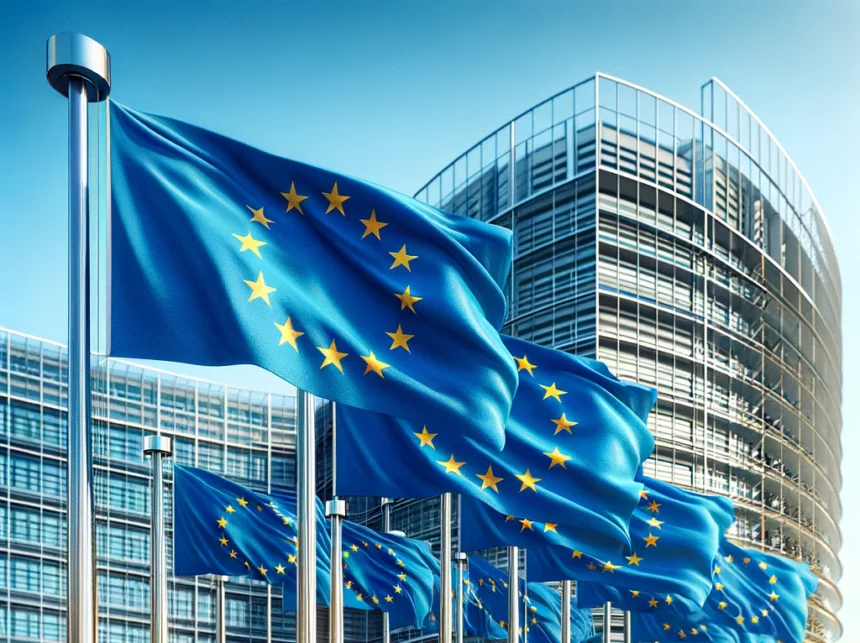In a recent analysis, the Asian Development Bank (ADB) casts doubt on the European Union’s (EU) ambitious Carbon Border Adjustment Mechanism (CBAM), suggesting it might do more harm than good for Asian exporters and European manufacturers alike. The tax, aimed at reducing carbon emissions by imposing a levy on emissions-heavy imports like steel, cement, and fertilizers, rolled out in October 2023 on a trial basis, with full implementation set for 2026.
Far from being a game-changer in the fight against climate change, the ADB’s 2024 Asian Economic Integration Report indicates that the CBAM might not significantly dent global carbon emissions. The reason? The tax’s limited scope—covering just six sectors and EU imports—means that any minor emissions reduction could be quickly nullified by the ongoing surge in carbon-intensive production across Asia.
The ADB’s report sheds light on the broader implications of the EU’s carbon tax, predicting a downturn in exports from Asia to the EU, especially impacting industries in western and southwestern Asia and steel exports from India. The economic ripple effects could also extend to European manufacturers, who may face heightened costs.
Neil Foster-McGregor, a senior economist at ADB, points out that while the CBAM aims to level the playing field between domestic and foreign suppliers, its current form is unlikely to bring about the sweeping changes needed to curb rising emissions.
The report suggests that the projected €14 billion ($15.2 billion) revenue from CBAM by 2030 could be better spent on helping developing countries decarbonize their manufacturing sectors. It also highlights the potential for CBAM to encourage non-EU countries to adopt stricter climate policies, with India and China already making moves to adjust their export taxes and expand their emissions trading schemes in response.
However, the CBAM has faced criticism from major trading partners like China, which has cautioned Europe against using climate initiatives as a veil for trade protectionism. As the EU forges ahead with its carbon tax, the global debate on balancing economic interests with environmental responsibility continues to heat up.
















